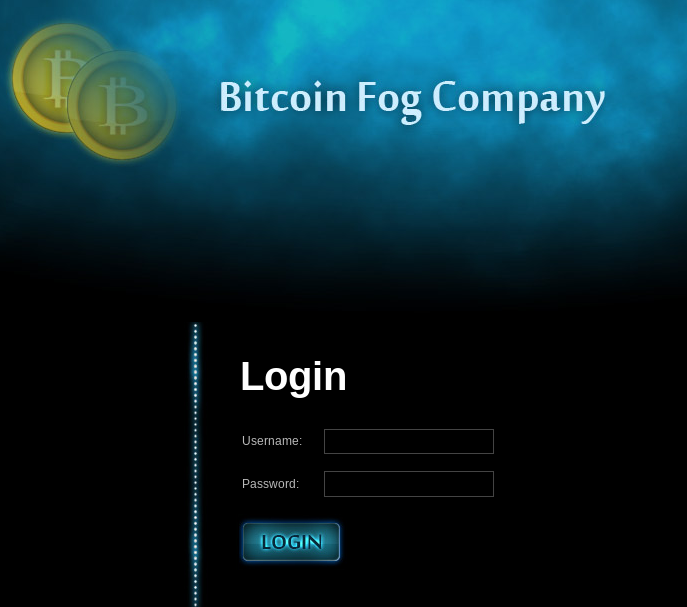The darknet, also known as the dark web, is a concealed section of the internet that's inaccessible via standard search engines. You can only access it using special software, settings, or authorization. This area comprises websites and content that are purposely kept hidden from public view.
Accessing darknet requires using Tor Browser, a special web browser that routes your internet traffic through a global network of relays managed by volunteers. This way, it becomes very difficult to trace which websites you're visiting, and these sites won't know where you are located.
When visiting the dark web, use a secure browser like Tor, do not reveal any of your personal information, and don't open suspicious files or links to stay safe.
The Darknet is often utilized for secure communication, discreet information or file sharing, anonymous research without identity exposure, and occasionally for engaging in illicit activities. It is also recognized for hosting underground black markets(darknet markets), whistleblowing platforms, and discussion boards that champion freedom of speech.
While accessing Darknet Markets themselves is typically not against the law in most places, engaging with illicit goods within them is generally considered a crime. On the other hand, some people might visit Darknet Markets for lawful purposes such as research, journalistic work, or simply to explore online communities. It's essential to know the local laws regarding online activities, and be cautious when using these platforms to avoid any potential issues.
Operator of Bitcoin Fog Darknet Cryptocurrency Mixer Sentenced for Laundering $400M in crypto
In a major crackdown on cybercrime, a dual Russian-Swedish national, Roman Sterlingov, was sentenced to 12.5 years in prison. He ran Bitcoin Fog, the oldest cryptocurrency "mixer" on the darknet. From 2011 to 2021, Sterlingov laundered over $400 million in cryptocurrency. The majority of it came from illegal activities on darknet markets. His conviction serves as a stark warning to those involved in operating darknet markets and cryptocurrency services that enable criminal activity.
Bitcoin Fog: The Darknet's Longest-Running Cryptocurrency Mixer

Bitcoin Fog operated as a cryptocurrency mixing service, also known as a "tumbler", allowing users to conceal the origin of their digital assets.
The service hid the transaction trail on the blockchain. It gave anonymity to those engaged in crimes, such as drug trafficking and identity theft.
Court records show that Bitcoin Fog processed over 1.2 million bitcoins in its decade-long operation. At the time, that was worth about $400 million. This included proceeds from darknet markets, a hotbed for illegal trade, including drugs, weapons, and stolen data.
Its popularity with cybercriminals made it a key player in the underground economy, providing a safe haven for illegal earnings. Through Bitcoin Fog, users could launder their dirty money, making it nearly impossible for law enforcement agencies to trace the funds.
The Conviction and Consequences
In March 2024, a jury found Roman Sterlingov guilty of several charges after a month-long trial. These included money laundering conspiracy and operating an unlicensed money transmitting business. His activities broke both U.S. and international financial laws. Most Bitcoin Fog users were linked to darknet market activities.
Sterlingov's sentence includes a forfeiture money judgment of over $395 million. It also includes the seizure of cryptocurrencies and other assets worth about $1.76 million. Additionally, he was ordered to forfeit control of the Bitcoin Fog wallet, containing around 1,345 bitcoins, currently worth over $103 million. This represents a significant blow to the illegal cryptocurrency ecosystem, where these mixing services play a central role in laundering illegal profits.
Darknet Markets and the Role of Cryptocurrency Mixers
Cryptocurrency mixers like Bitcoin Fog enable darknet market operators and other criminals to hide the origin of illegal funds. These services let criminals hide their digital asset transactions. This makes it hard for law enforcement to trace the money back to its source. This is especially true in darknet markets. Where cryptocurrencies like Bitcoin and Monero are the main payment methods for illegal goods and services.
As law enforcement agencies continue to hone their investigative techniques, including blockchain analysis and cooperation with international partners, the role of mixers like Bitcoin Fog is coming under increasing scrutiny. This conviction demonstrates the growing determination of authorities to dismantle the darknet infrastructure and hold those connected to criminal operations accountable.
A Strong Message to Cybercriminals
Roman Sterlingov's sentencing warns anyone involved in darknet markets or crypto mixers. A U.S. official said, "Today's sentence sends a clear message: those who help criminals with online payments for their illegal activities will face serious penalties."
The IRS, FBI, and Justice Department collaborated to investigate Bitcoin Fog. These organizations continue to work tirelessly to disrupt the cybercriminal ecosystem that relies on darknet markets and cryptocurrency services for illegal activities.
"Sterlingov's attempt to hide his crimes failed," said the chief of IRS Criminal Investigation. "The long prison term and fines show the conviction's seriousness. They send a strong message: such crimes will not be tolerated.""
The Future of Darknet Markets and Cryptocurrency Laundering
This case serves as a critical reminder of the risks associated with the darknet and its marketplaces. As the law and tech worlds change, cybercriminals will face tougher challenges in illegal transactions and money laundering. The enforcement of cryptocurrency-related laws, combined with advances in digital forensics, will continue to disrupt darknet markets. Their goal is to reduce their appeal as a haven for criminal activities.
For those involved in the operation of darknet markets or using cryptocurrency mixers to launder illegal funds, the consequences are clear: the law is closing in, and the penalties are severe.
